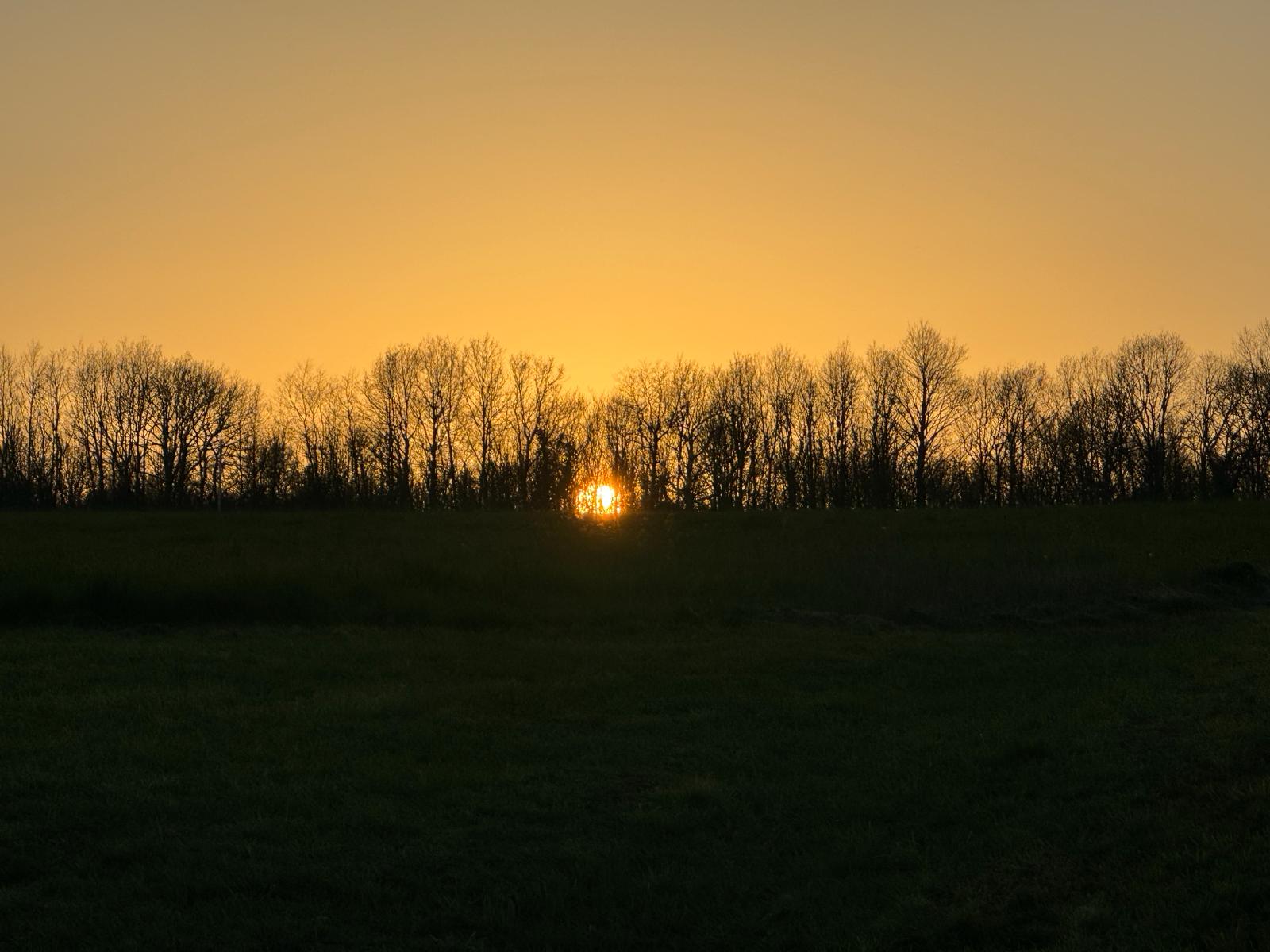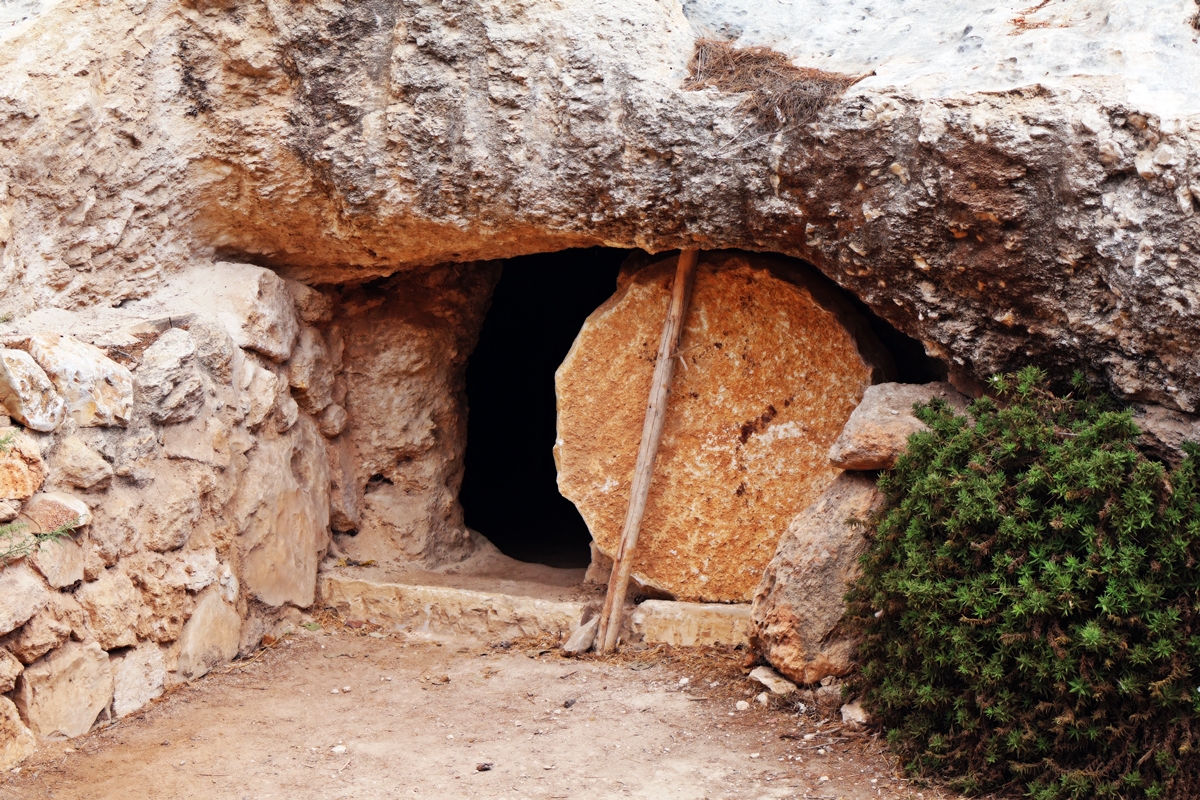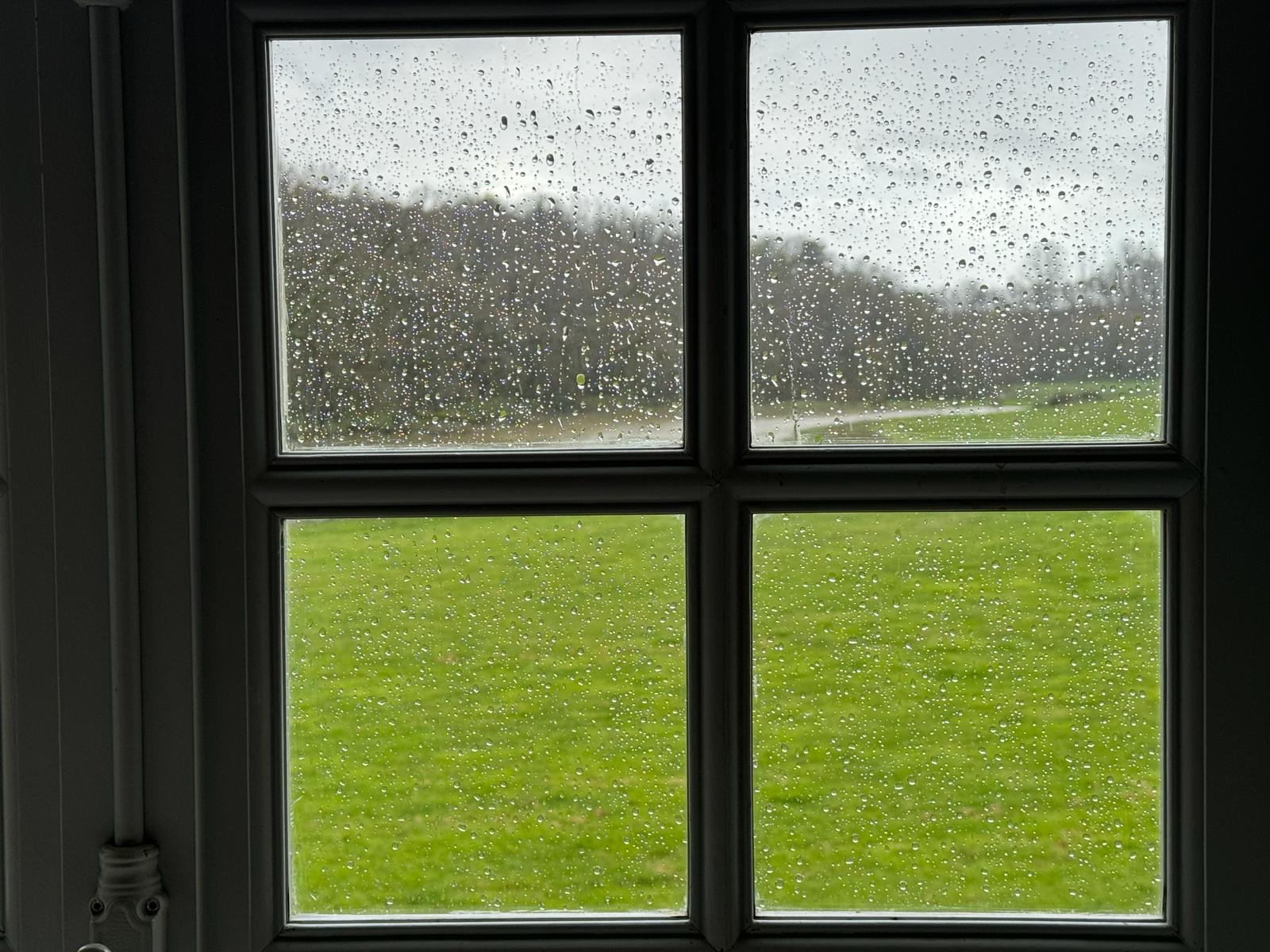
I once met with a Buddhist abbot who told me that he did not think that lay people – that is, men and women living in the world working and raising families – could be expected to meditate.
This is a view held in much of the monastic world including among monks who do not meditate themselves.

I once met with a Buddhist abbot who told me that he did not think that lay people – that is, men and women living in the world working and raising families – could be expected to meditate.
This is a view held in much of the monastic world including among monks who do not meditate themselves.
I thought of this as I walked back, after my evening meditation, through the festive streets of Dublin this evening on the eve of St Patrick’s Day. It was not what you would call a monastic environment but it was full of good-natured high spirits. Maybe by now, as I write this, it has escalated above the level of meditative mindfulness. But if it does not become completely wild and destructive what is there in it that is incompatible with a life where meditation balances the daily round and a regular commitment to silence and stillness helps maintain a deepening level of clear consciousness and poverty of spirit? There are many less joyful religious people who are further from calmness of mind.
When we first start to meditate we learn that keeping our attention on the mantra is not as easy as it sounds. We stay focused for a few seconds then lose our mind as it goes wandering off like a dog without a leash following the scent of every thought or feeling. Losing our mind happens when we get intoxicated or addicted or when we become obsessed with external goals or activities of any kind. But what leads to this loss of centeredness and clarity (purity of heart as Jesus calls it) does not matter so much as knowing what recalls us to it.
Understanding why we return to the practice even when we have failed or abandoned it, is to understand something that overrides the sacred and profane divisions of reality because it works in and through them both. This is the inexplicable element of gift or grace. That we are in touch with this intuition that brings us back to attention is the source of hope.
The world is a mixed place. In Dublin there is celebration. In monasteries silence after compline. In Fukushima high anxiety and desperate effort. The times of meditation – in Lent and every day – unites them all in the all-inclusive and ever – undistracted mind of Christ.
Laurence Freeman OSB
Listen to the Lent Daily Reflections Podcast HERE



